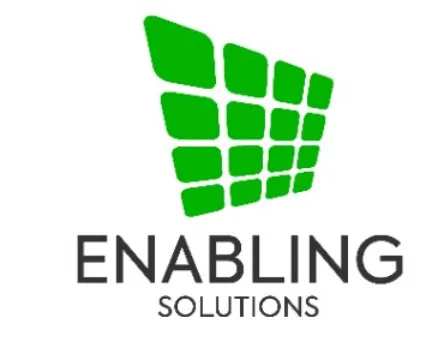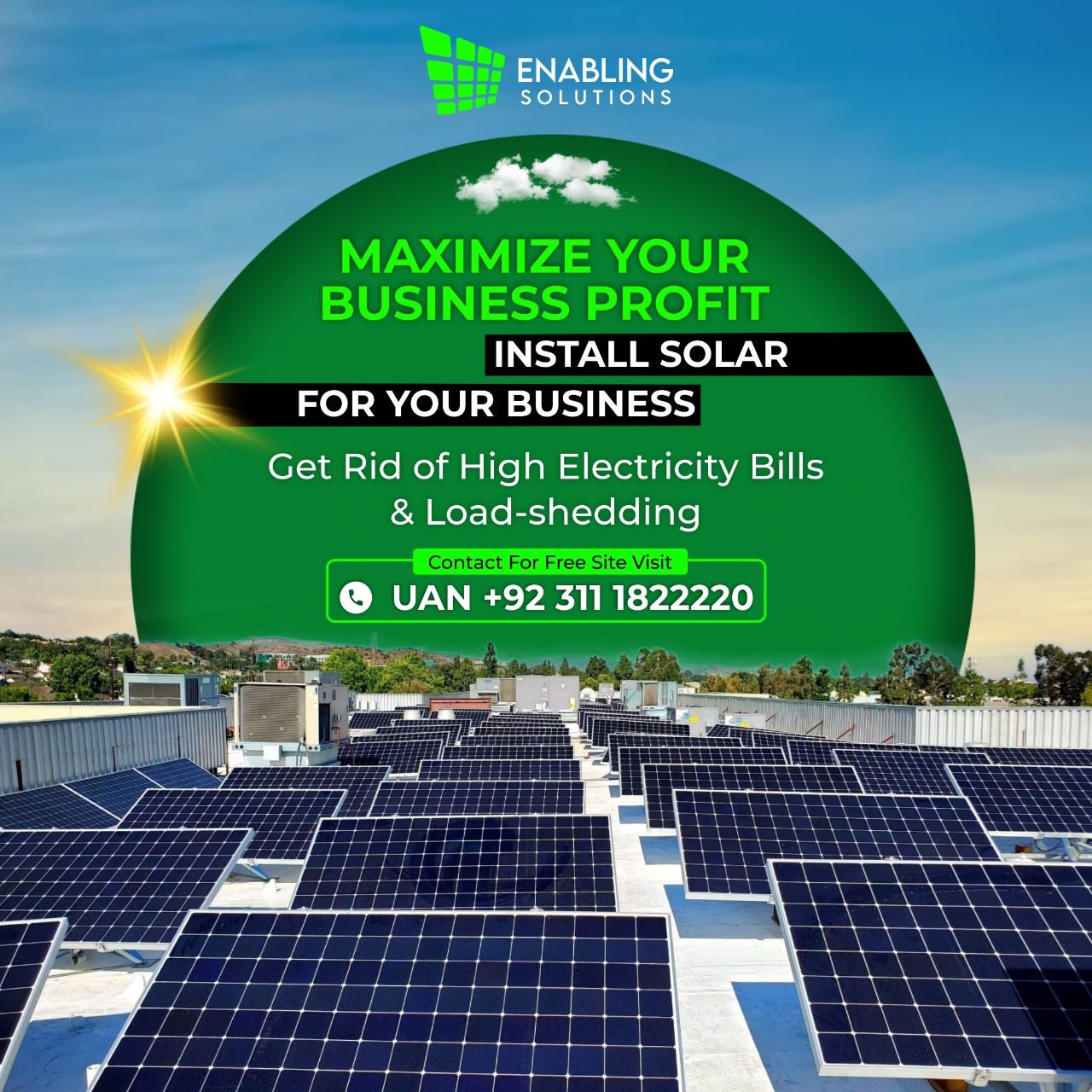The Solar Panel Scheme 2023 presents an exceptional opportunity for eligible applicants, endorsed by the Prime Minister, to secure substantial funding ranging from Rs. 400 million to an impressive Rs. 6 billion. With a low markup rate of 6% and a repayment period of up to 12 years, the Solar Panel Scheme becomes even more attractive to those interested in investing in solar energy projects. One might wonder: Who is the solar panel scheme intended for? Is it for the general public or solely for businessmen?
It is quite evident considering the magnitude of funding involved (PKR 400 million–PKR 6 billion). This scheme is primarily beneficial for businesses and investors seeking to invest in clean and sustainable energy projects for the rise of solar panels for commercial use. Now that we have addressed this, let us delve into the eligibility requirements and the process of participating in the Solar Panel Scheme. Let’s get started!
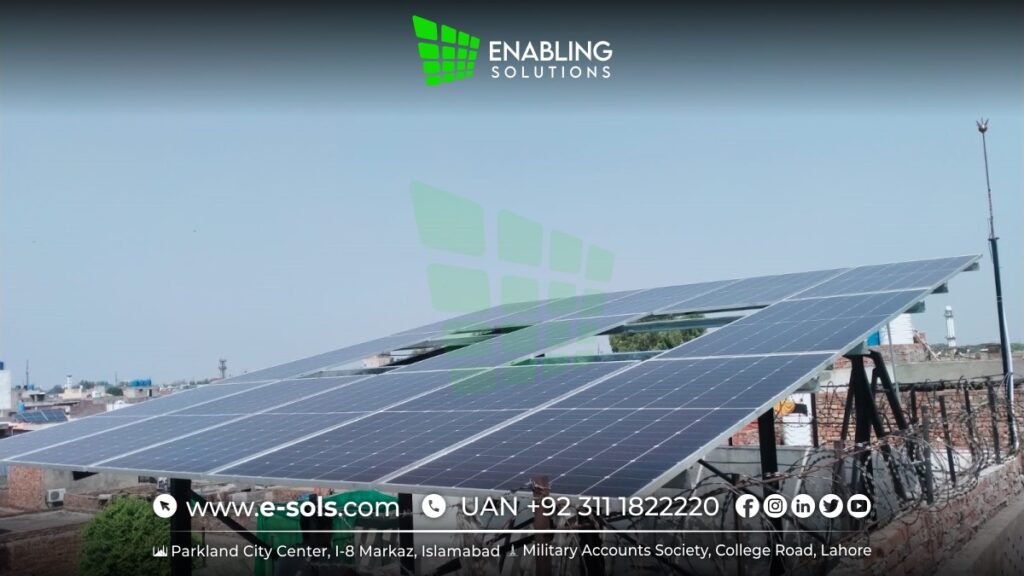
What is the Prime Minister Solar Panel Scheme in Pakistan?
The Prime Minister’s Solar Panel Scheme, also known as the PM Solar Panel Scheme, is an innovative initiative aimed at promoting the adoption of renewable energy nationwide. Under this scheme, the Prime Minister has introduced a remarkable opportunity for citizens to acquire solar panels through convenient installment plans, completely free of interest charges. This scheme empowers individuals to embrace solar energy without the burden of additional financial expenses, making it accessible and affordable for a wider range of households. By facilitating the purchase of complete solar panels, this initiative not only supports sustainable energy practices but also contributes to reducing the carbon footprint of the nation, aligning with the global push towards cleaner and greener energy sources. Prime Minister’s Solar Panel Scheme Categories
Prime Minister Solar Panel Scheme in Pakistan Categories
The Prime Minister Solar Panel Scheme consists of three categories. Here are the details for each category:
Category I
The first category of the Prime Minister Solar Panel Scheme is specifically tailored for applicants interested in establishing renewable energy power units. This category focuses on large-scale solar projects with significant capacity, ranging from 1 MW (megawatt) to a maximum of 50 MW. The government aims to encourage the development of substantial solar power projects to contribute significantly to the national energy grid and reduce the country’s reliance on non-renewable energy sources.
Details of Category I:
Capacity Range: Solar projects falling under this category must have a minimum capacity of 1 MW and can go up to an impressive 50 MW. This allows for the establishment of substantial solar power plants capable of generating a significant amount of electricity.
Financing Period: To facilitate the implementation and long-term success of these projects, the financing period extends up to 12 years.
Grace Period: Applicants in Category I are granted a considerable grace period of 2 years. During this period, the beneficiaries are not required to start repaying the funding received, providing them with some breathing space to set up and optimize the solar power facilities.
Funding Limit: The government has set a substantial funding limit of up to PKR 6 billion for projects falling under this category.
Category II
The second category of the Prime Minister Solar Panel Scheme is specifically designed for sponsors interested in installing smaller-scale renewable energy projects. This category focuses on solar projects with a capacity limit of 1 MW, in compliance with the Net Metering Regulations established by NEPRA
(National Electric Power Regulatory Authority). The objective of this category is to encourage the broader participation of businesses and sponsors in the adoption of solar energy solutions.
Details of Category II
Capacity Limit: Category II is suitable for renewable energy projects with a capacity of up to 1 MW. This ensures that even smaller businesses and individual sponsors can participate in the scheme and contribute to the expansion of solar energy adoption across various sectors.
Financing Period: The maximum financing tenor for projects falling under Category II is set at 10 years.
Grace Period: Applicants in Category II are granted a grace period of 3 months. During this time, the sponsors are not required to make repayments on the received funding.
Funding Limit: Under Category II, sponsors can secure financing of up to PKR 400 million.
Category III
Category III of the Prime Minister Solar Panel Scheme is tailored to meet the needs of Renewable Energy Investment Entities (RE-IEs) looking to secure funding for their renewable energy projects. This category aims to facilitate larger-scale solar installations and encourage the active participation of specialized entities dedicated to renewable energy
Category III Details:
Category III allows for renewable energy projects with a capacity of up to 5 MW. This higher capacity limit enables Renewable Energy Investment Entities to develop more substantial solar power projects, contributing significantly to the country’s renewable energy goals. The maximum financing tenor for projects falling under Category III is set at 10 years. Applicants in Category III are granted a grace period of 6 months, during which the Renewable Energy Investment Entities are not required to start repaying the received funding. Renewable Energy Investment Entities under Category III can secure financing of up to PKR 2 billion.
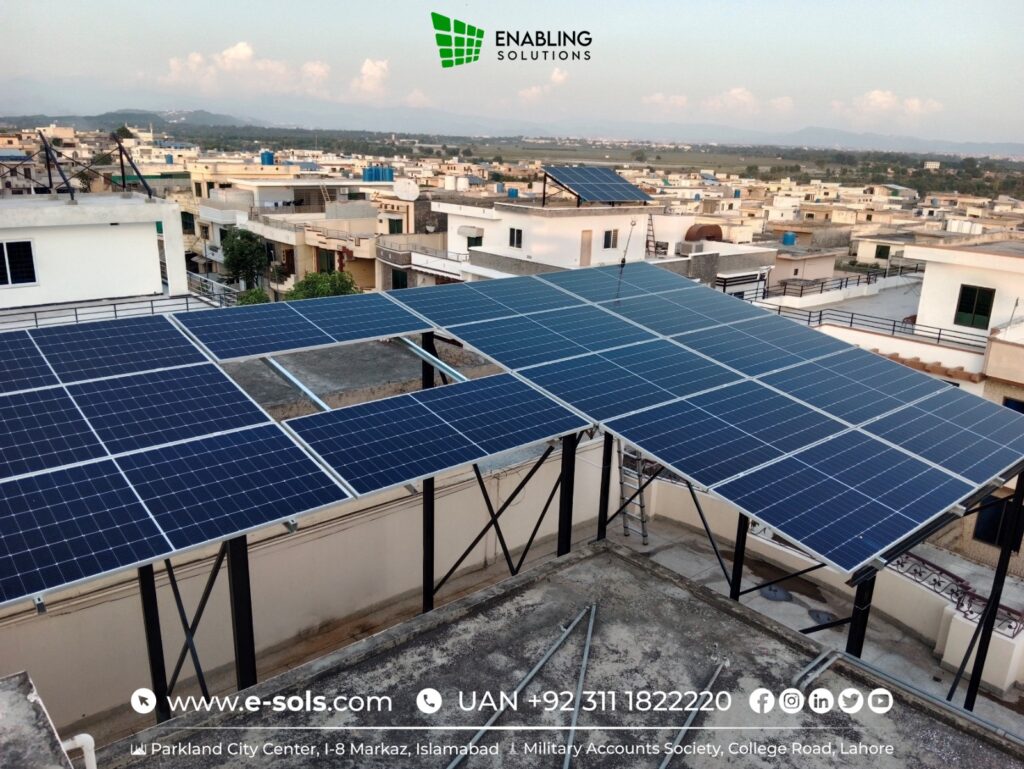
Pros and Cons of Prime Minister Solar Panel Scheme 2023:
Pros of Solar Panel Scheme:
– Simplified Application Process: The Solar Panel Scheme offers a hassle-free application process, making it accessible to a wide range of individuals.
– Interest-Free Financing: One of its major benefits is the absence of interest charges, ensuring that participants can acquire solar panels without any additional financial burden.
– Significant Opportunities for Farmers: This initiative presents a substantial opportunity for farmers to harness solar energy, potentially reducing their energy costs and enhancing sustainability.
– Convenient Installment Plans: The scheme includes convenient installment plans, making it easier for participants to transition to renewable energy sources without immediate financial strain.
Cons of Solar Panel Scheme:
– Initial Down Payment Required: Participants may find it challenging to make the initial down payment, which can be a substantial sum, depending on the overall cost of the solar panel installation.
– Lengthy Application Process: The application process for the scheme can be time-consuming, leading to delays in acquiring the solar panels and reaping their benefits.
– Markup Rate: The scheme imposes a markup rate of 6%, which, while relatively low, adds to the overall cost of the solar panels over time.
– Waiting Period for Application Processing: Applicants may experience delays in the processing of their applications, which can be frustrating for those eager to implement solar energy solutions.
How to Apply for Prime Minister Solar Panel Scheme 2023?
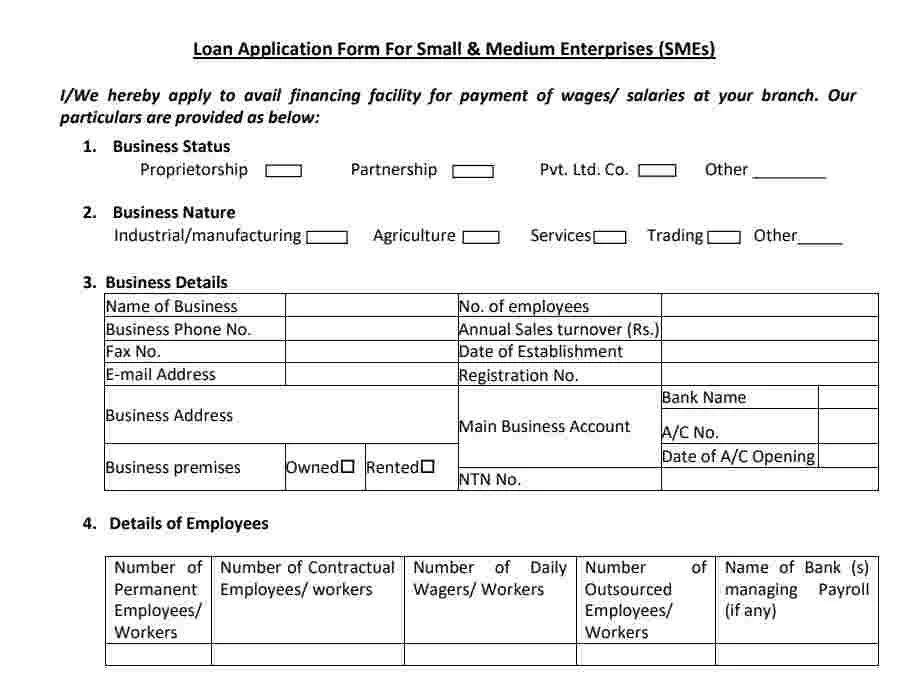
To apply for the Solar Panel Scheme, follow these steps:
1. Speak with a representative from Enabling Solutions, and our team will fully advise you on your plan.
2. Obtain the application form either by downloading it from the website or by contacting the designated authorities responsible for administering the scheme.
3. Fill out the application form accurately, providing all the required information. Make sure to review the form thoroughly and ensure that all fields are properly filled.
4. Prepare the necessary documents as mentioned in the application form or the scheme guidelines. This may include proof of identity, ownership or lease documents for the property, a project feasibility study, financial statements, and any other supporting documents specified by the scheme.
5. Submit the completed application form along with the required documents to the designated authorities or the specified submission channel as mentioned in the scheme guidelines.
6. Await the approval process, during which the authorities will review your application, documents, and project details.
7. If your application is approved, you will receive confirmation of the funding allocation and the next steps to proceed with the implementation of your solar panel project.
Benefits of Prime Minister Solar Panel Schemes:
The Prime Minister Solar Panel Schemes offer several top benefits to individuals, businesses, and Renewable Energy Investment Entities (RE-IEs) in Pakistan:
– Financial Incentives: The schemes provide substantial financial incentives, including funding ranging from Rs. 400 million to Rs. 6 billion, depending on the project category. This funding significantly reduces the financial burden for applicants, encouraging them to invest in solar energy projects.
– Attractive Markup Rate and Flexible Repayment: The schemes offer an attractive markup rate of 6% and a flexible repayment period of up to 12 years. This allows beneficiaries to manage their financial commitments more effectively and focus on harnessing solar energy without undue financial strain.
– Energy Cost Savings: By installing solar panels and generating their own electricity, applicants can reduce their reliance on conventional energy sources and lower their energy costs significantly.
– Enhanced Energy Independence: Embracing solar energy enhances energy independence as applicants become less dependent on the national power grid.
– Environmental Impact: Solar energy is a clean and renewable energy source that helps reduce greenhouse gas emissions and combat climate change.
– Job Creation and Economic Growth: The widespread adoption of solar energy projects creates job opportunities in the renewable energy sector, fostering economic growth and contributing to the country’s overall development.
– Net Metering Benefits: By connecting solar energy projects to the national power grid through Net Metering, surplus electricity can be fed back to the grid, allowing applicants to earn revenue for the excess energy they generate.
– Diversified Participation: The schemes cater to different categories of applicants, including homeowners, businesses, and specialized Renewable Energy Investment Entities.
– Promoting Innovation: With large-scale and smaller-scale solar energy projects encouraged under different categories, the schemes promote innovation in renewable energy technologies and solutions.
The Solar Panel Scheme is a government initiative in Pakistan aimed at promoting the adoption of solar energy and encouraging investment in renewable energy projects. It provides financial support and incentives to eligible applicants, including individuals, businesses, and Renewable Energy Investment Entities (RE-IEs), for the installation and operation of solar panels.
The scheme is open to a wide range of applicants, including homeowners, businesses, and specialized Renewable Energy Investment Entities (RE-IEs). Each category has specific eligibility criteria, such as capacity limits, project types, and compliance with NEPRA’s Net Metering Regulations.
Three Budget Plans are available for the Prime Minister’s solar panel scheme:
1. Category I: Large-Scale Renewable Energy Power Facilities: This category is designed for ambitious renewable energy projects with a capacity ranging from 1 MW to 50 MW. It targets those interested in establishing significant solar power plants that can contribute to the national energy grid.
2. Category II: Small to Medium-Scale Projects – Category II accommodates projects with a capacity limit of 1 MW, making it suitable for smaller businesses, individual sponsors, and entities interested in moderate-sized solar installations. It aims to encourage broader participation in the adoption of solar energy.
3. Category III: Specialized Renewable Energy Investment Entities (RE-IEs): Category III is geared towards specialized entities dedicated to renewable energy development. Projects within this category can have a capacity of up to 5 MW, allowing RE-IEs to undertake medium-sized solar energy initiatives with government support.
The financing period for Category I and Category II projects is up to 10 years, while Category III projects can have a maximum financing tenure of 12 years. Category II applicants are granted a grace period of 3 months, and Category III applicants receive a grace period of 6 months.
The maximum funding available under the Solar Panel Scheme varies depending on the category and the size of the renewable energy project, ranging from PKR 400 million to PKR 6 billion.
The solar energy generated through the scheme can be used to meet the electricity demands of residential properties, commercial buildings, agricultural operations, and industrial facilities. Excess energy can be fed back into the national grid through Net Metering, allowing applicants to earn revenue from surplus electricity generation.
Participating in the Solar Panel Scheme offers long-term benefits such as reduced electricity expenses, enhanced energy independence, decreased carbon footprint, and contributing to Pakistan’s transition towards sustainable and cleaner energy sources.
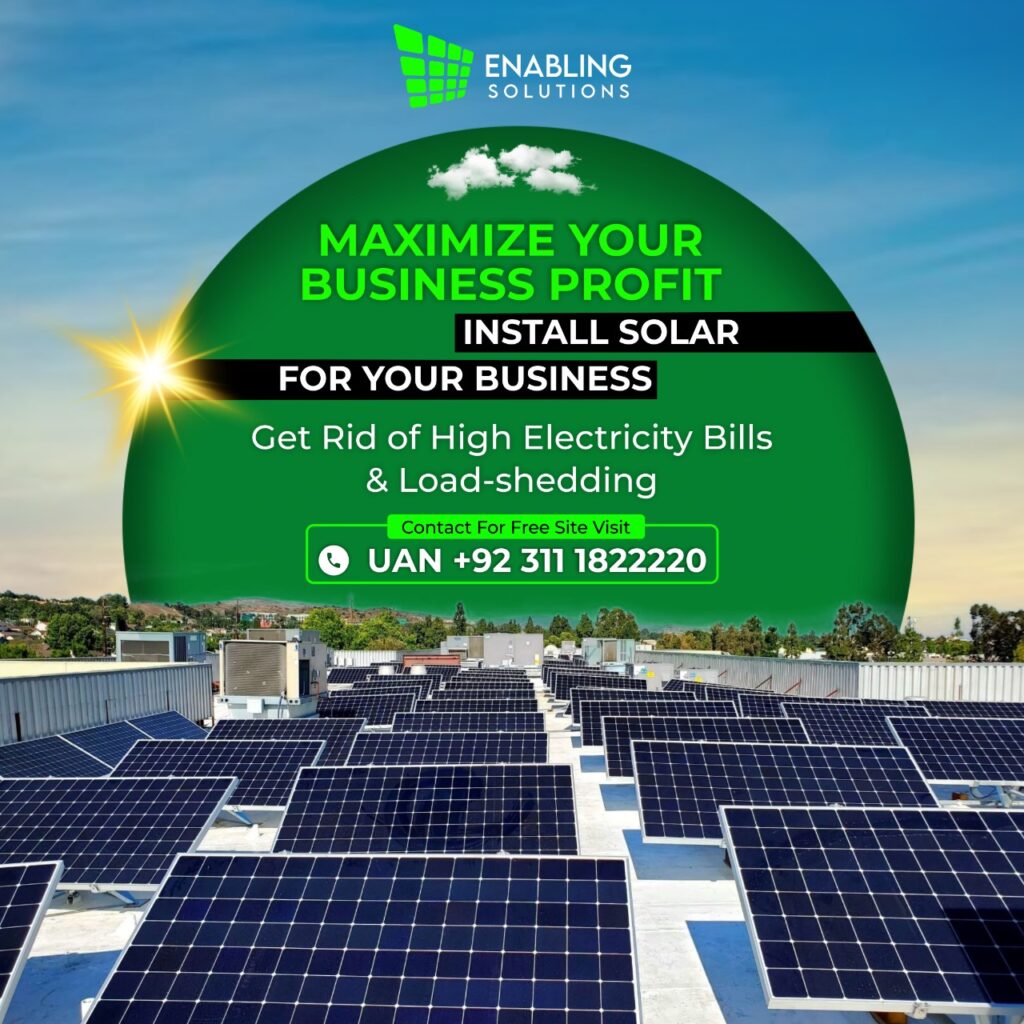
Enabling Solution Give you assistance with your all challanges:
Applicants may face challenges in implementing solar projects under the scheme, including the initial investment required for solar panel installation, technical expertise for system setup and maintenance, and managing the financial commitment associated with the funding’s markup rate. You can get assistance from Enabling Solution for all issues you have encountered. To apply for the Solar Panel Scheme, applicants need to follow the government’s guidelines and procedures, fulfill the eligibility criteria, provide the required documentation, and submit their applications through the designated channels.
The Prime Minister Solar Panel Scheme includes three categories with specific capacity ranges: Category 1 ranges from 1 MW to 50 MW, Category 2 allows up to 1 MW, and Category 3 authorizes projects with capacities of up to 5 MW.
The financing duration for projects under this initiative varies depending on the category selected. Category 1 provides a financing period of up to 12 years, while Category 2 and Category 3 offer a 10-year financing term.
All categories of the scheme provide a grace period for loan repayments. Category 1 offers a 2-year grace period, Category 2 provides a 3-month grace period, and Category 3 offers a generous grace period of 6 months.
The funding thresholds available for projects within the scheme depend on the category. Category 1 projects can secure funding of up to PKR 6 billion, Category 2 allows for financing of up to PKR 400 million, and Category 3 provides financing options of up to PKR 2 billion for larger projects.
If you find this information valuable, we would greatly appreciate it if you could take a moment to comment and share it with others. Your support helps us reach more people with important information.
If you have any questions or need further details, please feel free to reach out to us. Enabling Solutions is here to assist you! Visit us Today.
